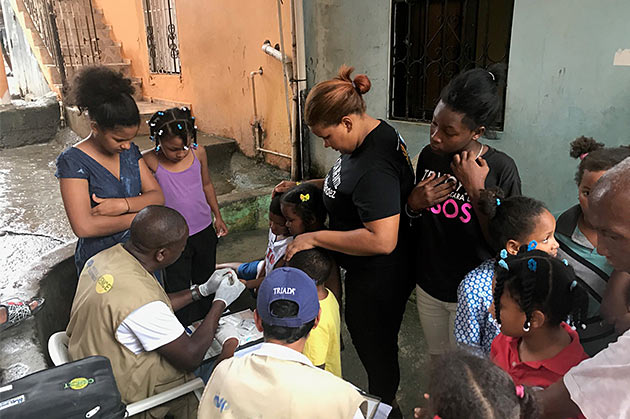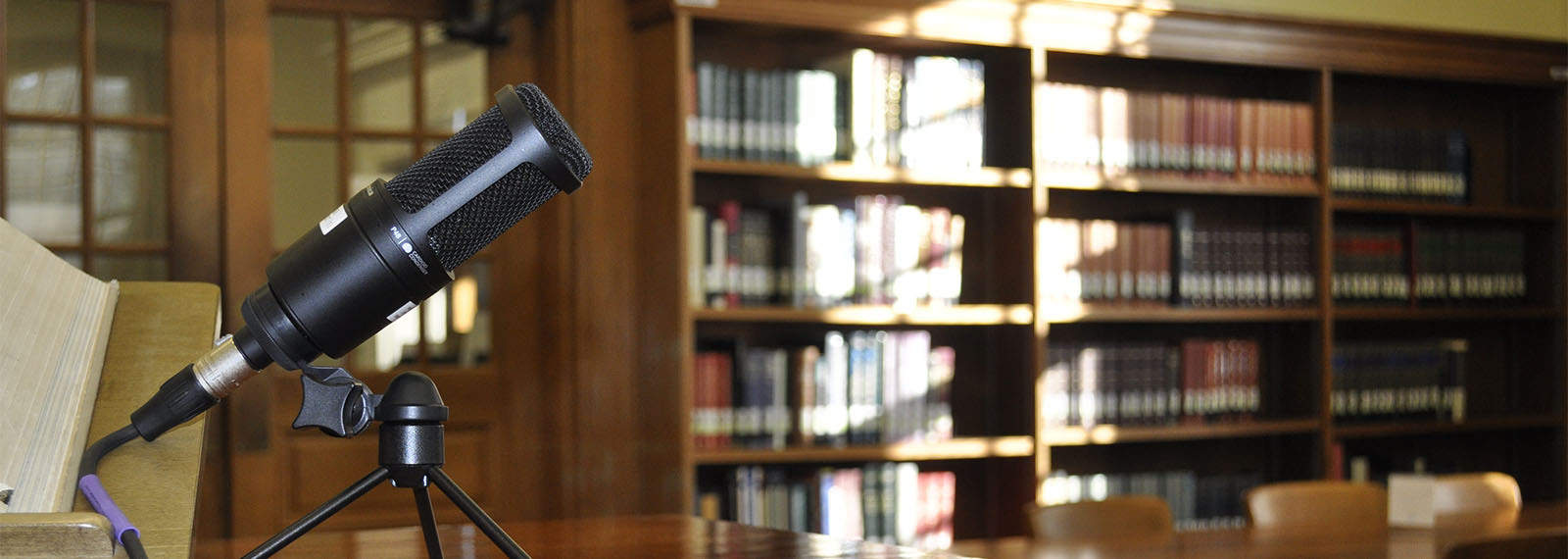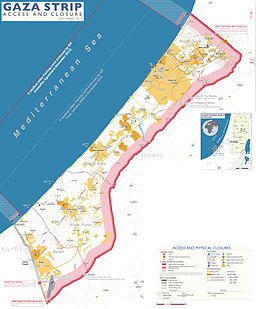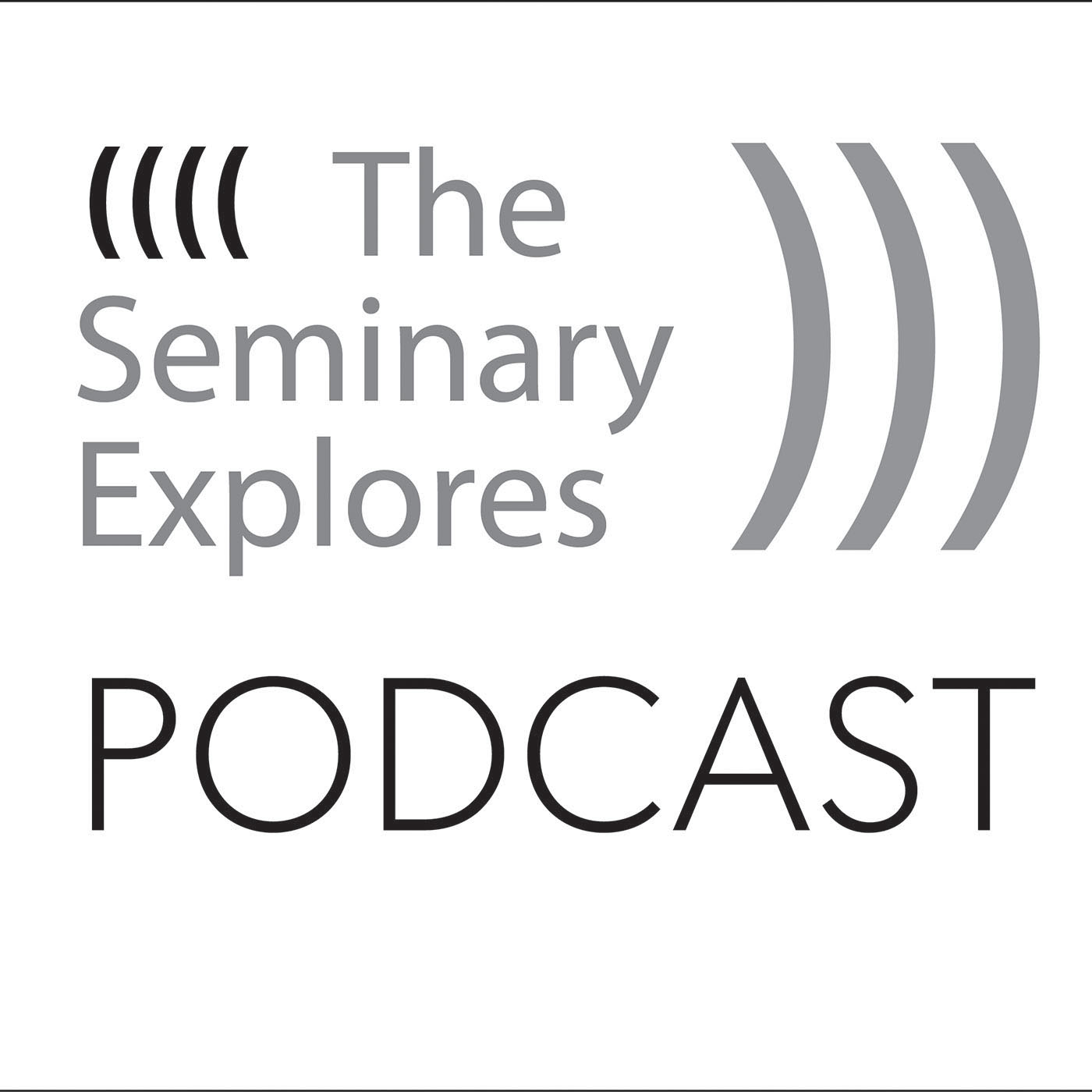
10.7K
Downloads
246
Episodes
An exploration of church and society produced by the United Lutheran Seminary with campuses in Gettysburg and Philadelphia, PA.
Episodes
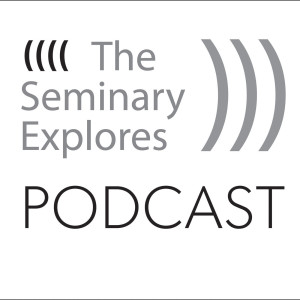
Monday Nov 18, 2024
Global Partnership: An Encounter with Tanzania
Monday Nov 18, 2024
Monday Nov 18, 2024
Tristan Ericson and Elizabeth Mitchell shared their reflections on a recent mission trip to Tanzania. They were part of a mission team of over twenty-five people mostly from St. Paul Lutheran Church in York, Pennsylvania.
This trip was designed to acquaint and connect the delegation with the leaders and congregants Mpuguso Church of the Konde Diocese of the Evangelical Lutheran Church in Tanzania. Once there, they helped where needed by the church and places they visited, the Lutheran school, the hospital. Tristan and Elizabeth talked about Sunday worship that was between three and four hours in length but did not seem that long. It was vibrant.
When asked about some of the outcomes of the trip, Elizabeth and Tristan stated that the people they had heard about before the trip were no longer in the abstract. They now have brothers and sisters in Christ around the world. The hospitality shown to them was overwhelming. This trip helped members of St. Paul and other churches in the area to be aware of the connections that exist in the global church.

Monday Jul 29, 2024
Revisiting Kites over the Mango Tree
Monday Jul 29, 2024
Monday Jul 29, 2024
Dr. Janet Powers, Professor Emerita of Interdisciplinary and Women's Studies specializing in Indian religion and literature at Gettysburg College joins Katy Giebenhain for a conversation about her book Kites Over the Mango Tree: Restoring Harmony Between Hindus and Muslims in Gujarat. Powers is a certified conflict resolution mediator and has worked with women's peace-building organizations in India, Palestine, Israel, Haiti, South Africa, and Estonia. Her PhD is from University of Wisconsin-Madison. She has received many awards including a Peacemaker of the Year Award from the Interfaith Center for Peace and Justice, the inaugural Outstanding Contribution Award by Gettysburg Connection for Mediation Services of Adams County, and a YWCA Gettysburg Adams County Callie Award. Powers is the author of scholarly articles and poems as well as three books. You can also hear Dr. Powers speak about her experience of being a woman in academia on the Tell Us A Story podcast.


Monday Feb 26, 2024
An American Theologian Teaching in Ghana
Monday Feb 26, 2024
Monday Feb 26, 2024
Dr. James Thomas, Retired Associate Professor of Worship Lutheran Theological Southern Seminary of Lenoir-Rhyne University, talks about his recent experience in teaching at the Good News Theological Seminary in Ghana. He shares his experience with students in the classroom as well as in the field experiences. Although he had been to Ghana previously, this experience exposed him to the deep division between Muslims and Christians. He also comments on his taking more time to listen to various individuals he encountered. In addition to his teaching duties, Dr. Thomas talks about the various congregations he attended where he preached and taught during his semester of teaching. His comments on his experience and his suggestions to considering teaching on the African continent will be helpful to faculty members considering teaching there.

Monday Dec 05, 2022
Camino de Santiago: A Pilgrimage
Monday Dec 05, 2022
Monday Dec 05, 2022
Pastor Annabelle Markey, Co-pastor Community Lutheran Church, Sterling, VA, while on a 3-month sabbatical from her parish she had the opportunity to fulfill her interest in traveling 490 miles on foot from France through northern Spain on the Camino de Santiago. The pilgrimage attracts people from around the globe: Christians and non-Christians, people in transition in their lives, walkers who are taking the time to discern, and non-believers.
She and her husband walked 10 to 18 miles each day going through various small towns. Upon reaching their designated walk, they would find various accommodations for sleeping and continue their pilgrimage the next morning beginning at 6 AM. She shares the history of this pilgrimage which developed in the ninth century with the discovery of the relics of St. James and about the personal outcomes of this pilgrimage for her which included learning to slow down and how to be present by listening to others without thinking about the next project or projects to do. Although it was a strenuous walk, she hopes to repeat this pilgrimage.

Friday Mar 11, 2022
A Pivot Point in History: The Situation in the Ukraine
Friday Mar 11, 2022
Friday Mar 11, 2022
Dr. Christianson speaks with Ambassador Lawrence Taylor who provides his assessment of the current war in the Ukraine. Ambassador Taylor emphasizes the need for an immediate pause in hostilities and expresses deep concern that there is no easy way back or no quick resolution to this conflict.
For reference you may also want to listen to some of our past episodes on the Ukraine.
- 10/14/2014: http://seminaryexplores.uls.edu/e/the-conflict-in-ukraine/
- 12/5/2019: http://seminaryexplores.uls.edu/e/why-is-ukraine-important/

Monday Mar 23, 2020
A Palestinian Woman Navigates the Borderland between Two Cultures
Monday Mar 23, 2020
Monday Mar 23, 2020
Haya Mohanna came to the United States from the Gaza Strip in Palestine to study at Gettysburg College. She was sponsored by LE.O (Leonard Education Organization) which supports nearly 60 qualified students in American universities. Even with this support, she experienced the difficulty of leaving occupied Gaza, and the frustration of not being able to visit her family whom she has not seen in seven years. She has flourished in America even while she continues to make adjustments as a Muslim woman to her new environment. She believes that this country is a beacon of hope that must come to terms with itself as a cultural mix where no religion, culture, or race can be privileged.
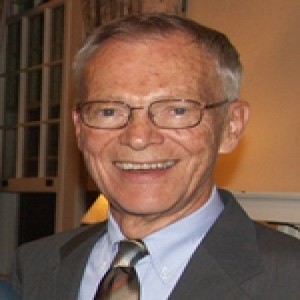
Thursday Dec 05, 2019
Why Is Ukraine Important?
Thursday Dec 05, 2019
Thursday Dec 05, 2019
Ukraine is more than a late-night punchline or a pawn in U.S. domestic politics. It is a country rich in resources and history. Dennis Carter, recently retired career foreign service officer after 38 years in the Department of State, including postings in Kuwait, Peru, France, Jordan, the United Kingdom, and Grenada takes deep into the the history and the importance of Ukraine on the world stage. Strategically, it abuts western Russia. Other nations have coveted its territory for centuries because it is the “breadbasket of Europe, has rich mineral resources, and lately, technology. In recent years Ukraine has had to resist Russian incursions, especially a take-over of Crimea and threats to the Donbass region.
Also listen to our 2014 interview with Ambassador Lawrence Taylor on the conflict in Ukraine.

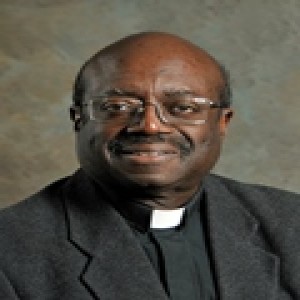
Monday Oct 21, 2019
Investigating Afro-Germans and Afro-Russians
Monday Oct 21, 2019
Monday Oct 21, 2019
Dr. Susann Samples, Professor of Foreign Languages at Mt. St. Mary’s University, discusses her Delaplaine Seminar professorship at Mount St. Mary’s University. The professorship’s faculty seminar centered on “The Black Diaspora in Europe” with the goal of introducing this topic to a wider audience and to begin the process of “decolonizing” the curriculum.
In this conversation she explores the historical background and readings relevant to the study of the African Diaspora in Europe. She also discusses the importance of the seminar for a Catholic University and the desired outcomes of the seminar.


Monday Sep 09, 2019
Up Close with Climate Up Close
Monday Sep 09, 2019
Monday Sep 09, 2019
Nadir Jeevanjee and Nathaniel Tarshish are two members of a group called “Climate Up Close” who share a background in Princeton University research and are traveling with a program that describes, in easy-to-understand terms, what climate change is, how it affects us, and what “bold climate actions” can redress this increasingly critical development. Sharing the scientific consensus on climate change is foremost in their program, using a power point presentation and simple demonstrations, plus a desire to dialogue, even with those who might have a different perspective.


Monday May 06, 2019
Restoring Health in the World, One Disease at a Time
Monday May 06, 2019
Monday May 06, 2019
Kate Braband, Senior Associate Director of Program Development, Carter Center, Atlanta, Georgia describes the success that the Carter Center, initiated thirty years ago by President and Mrs. Jimmy Carter, has had in controlling guinea worm, one of the more painful and debilitating of the Neglected Tropical Diseases (WTD) in Central Africa. Not long ago, cases numbered in the thousands; today in the twenties. Guinea worm is controlled, not by vaccinations, but by changes in behavior, especially drinking filtered water. Education and supervision are largely in the hands of the locals. Other projects by the Carter Center derive from their mission of building hope, restoring health, and fighting for peace. To achieve these goals, the Center enlists national governments, the United Nations, and international corporations.
